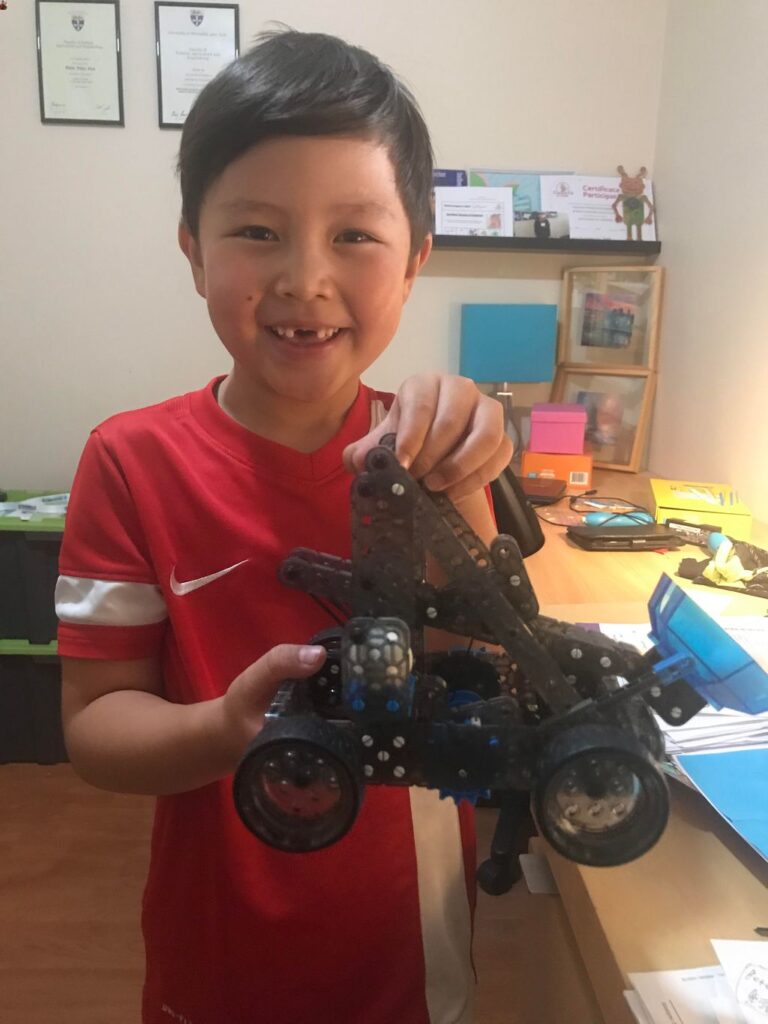3 Things You Should Know About Early STEM Learning
As the saying goes, kids will be kids — right? When they play and use their imagination, it may seem as if it’s nothing more than mere entertainment, but spoiler alert: it can be so much more!

Often, when children are running around outside or building forts they’re learning more than we think. While outdoor activities like these are created through imagination, these activities are actually teaching them strategic thinking and essential problem-solving skills. And if such activities are well-facilitated, they can create a proper foundation for STEM learning.
Here are some things you may not have known about STEM learning:
1. STEM is beneficial to all children.
Contrary to popular belief, STEM is not just for kids with special abilities or particular interests. STEM can be an essential part of learning and play for all children.
Studies show that children who are introduced to STEM at an early age have better language and literacy skills. Learning new skills “rewires” your brain, making it easier to face new challenges and solve problems — traits that stay with you for life.
2. Children Have a Natural Knack for Science
All children are born scientists and supporting your child to discover their STEM capabilities can make all the difference. A common misconception is that young kids should start their STEM learning journey with the “basics.” In reality, researchers state that if a child learns at an informed stage, they can carry out the same scientific practices as a high school student.
Think of it this way, when a newborn puts his thumb in his mouth, what’s the reasoning? It’s because they realize it helps calm them. From birth, we are already figuring out cause and effect, performing basic research, and collecting data. With time, children learn to make sense of their findings.
3. Exposing Your Child to STEM at an Early Age Helps Them Gain Fluency
Most parents believe that children learn the most when they are in a classroom setting, but that’s not always the case. Finding a learning style that works best for your child and sparks interest is one of the best learning environments they can be exposed to.
When adults want to learn a new language or skill, they must be immersed in it. Similarly, children need to be exposed to STEM if they want to become fluent. Frequent exposure to museums, libraries, and other informal STEM learning situations will increase their interest in STEM subjects!
Experience the Difference Engineering For Kids Can Make!
As you can see, kids have a natural curiosity that lends itself to science, technology, math, and engineering. At Engineering For Kids, we strive to inspire kids ages 4 to 14 to build on their innate desire for answers by exploring engineering concepts in a fun, hands-on way.
From camps and birthday parties to scout events and homeschool programs, contact your local Engineering For Kids to find out more about all we can offer your child! https://efkids.com.au/upcoming-classes/all/
